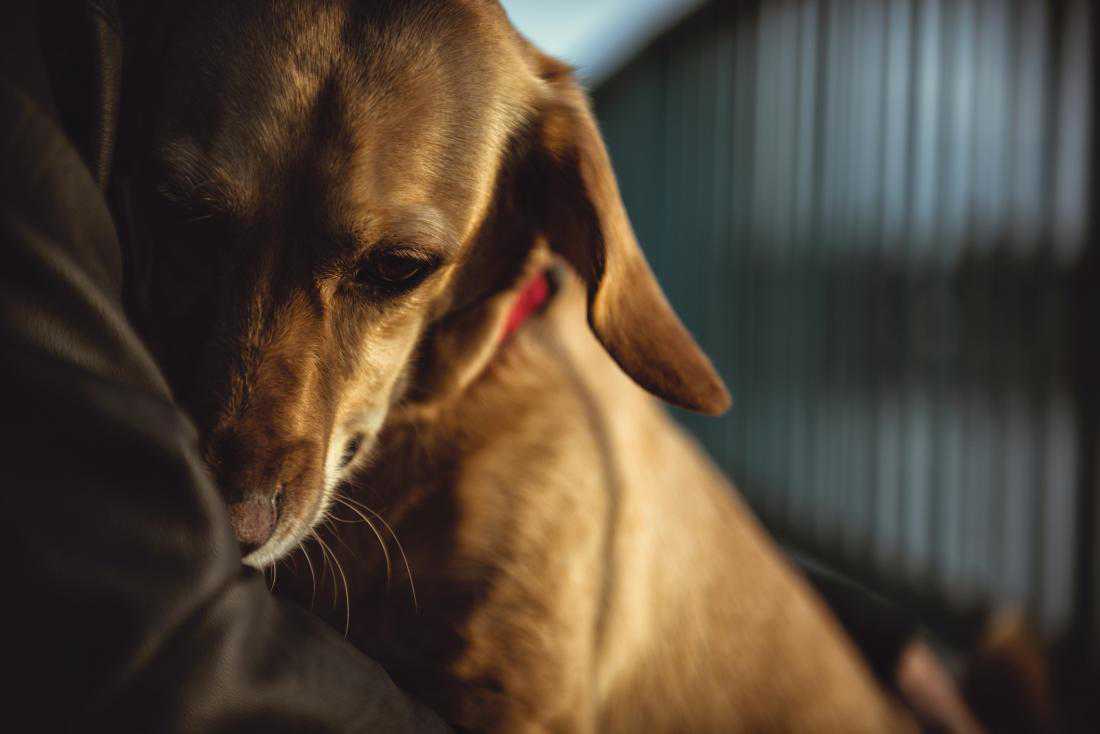Why pet antibiotics could make their owners sick
28 April, 2019

At a small animal hospital in the United Kingdom, researchers have found a gene that enables bacteria to be highly resistant to linezolid — an antibiotic that doctors use to treat serious infections in humans.
Healthcare professionals give linezolid when bacteria that are resistant to other antibiotics cause serious illness in people.
These bacteria include streptococci, vancomycin-resistant enterococci (VRE), and methicillin-resistant Staphylococcus aureus (MRSA). MRSA is common in hospitals, prisons, and nursing homes where people may have open wounds and weak immune systems.
Doctors will often use linezolid for skin infections, pneumonia, and drug-resistant tuberculosis. Its mechanism of action is unique because it blocks the process of bacterial protein production before it starts.
Linezolid began commercial use in 2000 and joined the World Health Organization's (WHO) List of Essential Medicines.
Bacterial resistance to linezolid is low. New research that scientists presented at this year's European Congress of Clinical Microbiology & Infectious Diseases in Amsterdam, the Netherlands, has raised concerns, however.
It suggests that an antibiotic resistance gene (optrA) has the potential to spread between different bacterial populations in animals and humans.
Pets could carry antibiotic-resistant bacteria
The researchers at Public Health England's Antimicrobial Resistance and Healthcare Associated Infections Reference Unit found that bacteria that were resistant to linezolid were transmitted between pets in a small animal hospital in the U.K.
Katie Hopkins, a clinical scientist with Public Health England who led the research, says that this is the "first report of optrA-positive enterococci isolated from companion animals in the U.K."
The results of the study are concerning, says the researcher, because they suggest that these antibiotic-resistant bacteria could spread from pets to owners. And this may lead to more serious infections that are difficult to treat in humans.
"In order to minimize transmission of resistant bacteria between companion animals and people, veterinary surgeries need to ensure adequate cleaning takes place and pet owners should wash their hands after handling pets."
-Katie Hopkins
Linezolid is not licensed for veterinary use in the U.K., but the gene optrA plays a role in the resistance to florfenicol, a veterinary medicine.
Hopkins adds that standard protocols for the management of infected animals are in place to prevent transmission to veterinary staff, and other therapeutic options are available in case of infection.
TAG(s):
